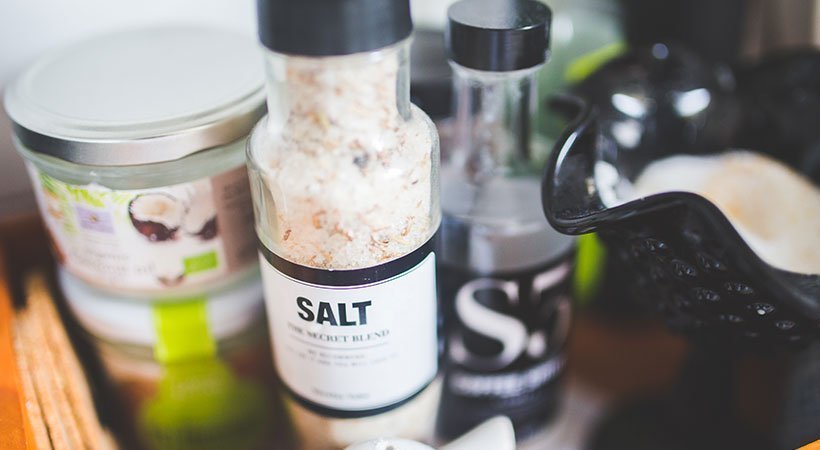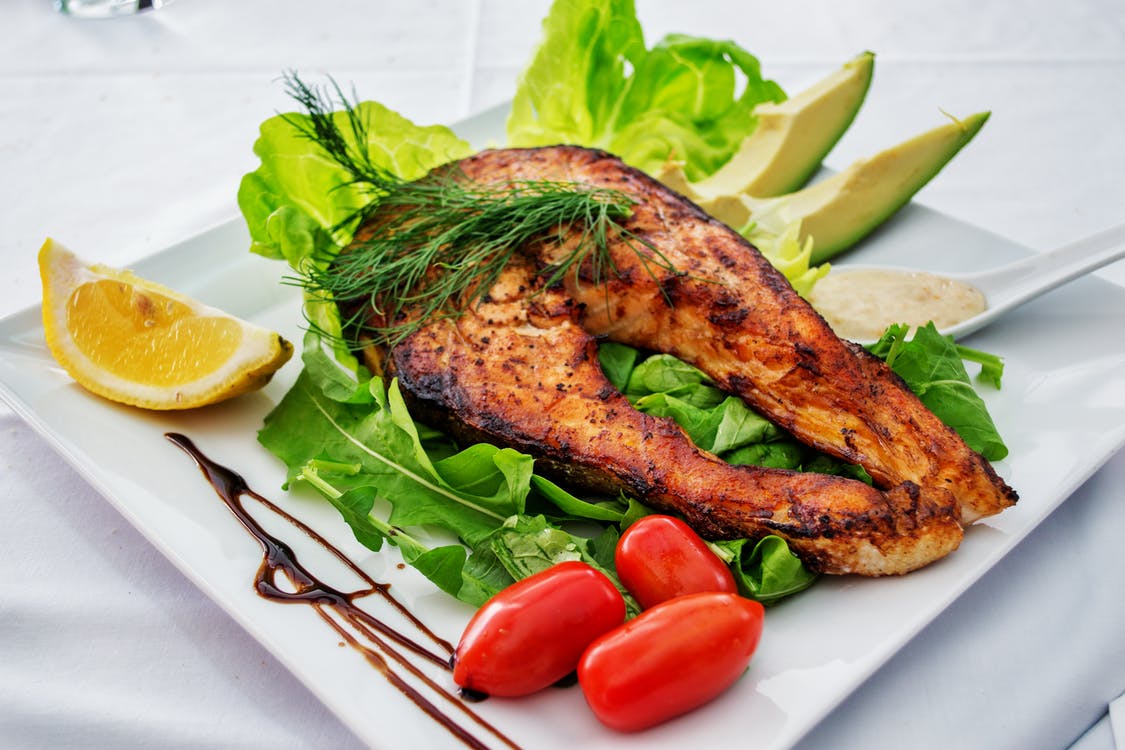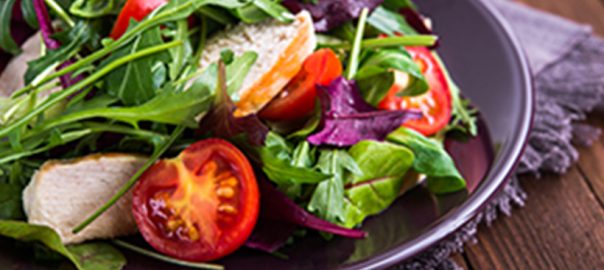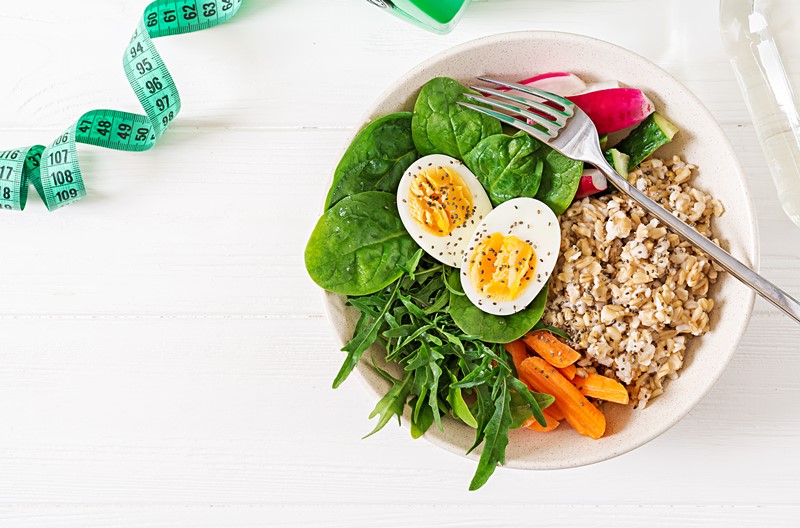Today 1.1 billion people are affected by hypertension (high blood pressure) globally. The World Health Organization (WHO) reports that an average of 59.3 million new cases of hypertension are identified each year. Hypertension is responsible for almost half of deaths caused by heart attack or stroke. Diet plays a crucial role in the treatment and prevention of hypertension.
Tips to fight against hypertension with a healthy diet and lifestyle:
Limit Alcohol Consumption

Research has shown that excessive alcohol consumption generates high blood pressure. Alcohol is described as a vasodilitator drug which stimulates the hormones involved in the arterial regulation of the body. If you are prone to hypertension, it is recommended to limit the consumption of alcoholic drinks.
Avoid Weight Gain
Weight control is essential to manage high blood pressure. Carrying excess weight has a negative impact on the heart and arteries. Those who are overweight or obese should adopt a healthy diet and active lifestyle. There are many methods that will help you control your weight including the management of daily macronutrients.
Stay Away from Salty Foods

Excessive consumption of salt is dangerous in cases of hypertension. It is recommended to reduce the consumption of salt to less than 6 grams per day. If you have high blood pressure, start by removing the salt shaker from your table and avoid foods high in sodium such as cold cuts and prepared meals.
Develop Good Eating Habits

Whether you suffer from hypertension or not, saturated fats should be avoided. Choose lean meats and reduce your consumption of beef, pork or mutton. Replace these meats with skinless poultry and fish. In addition, it is also important to choose cooking methods which use less or no fats. Steaming foods preserves its nutritional value. It is also recommended to eat fruits and vegetables daily, as many are rich in potassium and help to regulate blood pressure.




